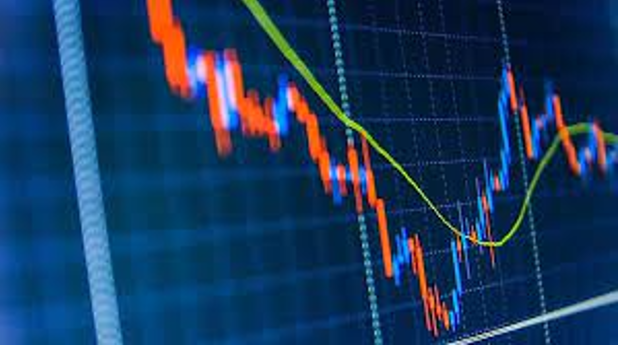How does bias affect one's trading?

People may not talk about behavioral psychology as much as they do with strategies and types of investments, but it significantly impacts our lives. It is something that influences life in general and also in trading. Under this topic, we have what we call "bias." It is a preference or prejudice that people hold. Many times, people feel indifferent about that person's bias that it is irrational. However, some people do not even know that they have biases. As humans, investorstend to have this. In fact, there are many of them, and a whole day is not even enough to cover them all. But we know that one thing is for sure, all of these biases influence and cloud an investor's judgment, and it can be hazardous when making decisions.
Diving deeper into bias
Let us say that we hand an investor a variety of facts and opinions that make sense. If this investor has a bias, whether he knows it or not, he will choose to look the other way if it does not match his beliefs. Hence, a biased investor cannot or does not want to acknowledge evidence that contradicts their assumptions. If you are an intelligent investor, you know that cognitive and emotional bias does not have a place in investments and trading. You should know how to control them to make a good decision based on truths and facts.
Let us list down the common ones
As mentioned earlier, we have many types of biases that we can name. Here is a list of some of the most common biases that are relevant to trading and investments:
- Representative bias. The situation is similar to the previous occurrence, and it results in snapping instant judgments.
- Cognitive dissonance. A person avoids acknowledging facts because it does not match his notions.
- Confirmation bias. The person prefers information that reassures their existing beliefs.
- Endowment effect. This refers to a person that overvalues the things he owns.
- Reference point bias and anchoring bias. This person tends to value something in comparison instead of valuing it individually.
- The law of small numbers. This person depends on a petite sample in decision-making.
- Mental accounting. The way this person spends and values money is not too wise or rational.
- Changing risk preference. Other people refer to this as one of the gamblers' most fatal flaws. Regardless of the outcome, a small risk will create a willingness to take on more and more risks.
- Media bias and Internet information bias. This is when people accept opinions and assumptions that are well-publicized.
- Home country bias and familiarity bias. The person avoids everything that is outside his comfort zone.
- Mood bias. This may be an optimistic or pessimistic bias, and it comes with an overconfidence bias-all of these combined results in irrational and emotional decisions.
- Attachment bias. This bias clouds a person's judgment when his interests are involved.
Let us recap
A person with a bias has
notions and beliefs that can negatively affect his decision-making. These are
often considered illogical, and the person may not even know it. And since
investors are only humans, they have a massive tendency to have their judgments
clouded by this. Hence, a savvy investor knows how to control his emotional and
cognitive biases.




